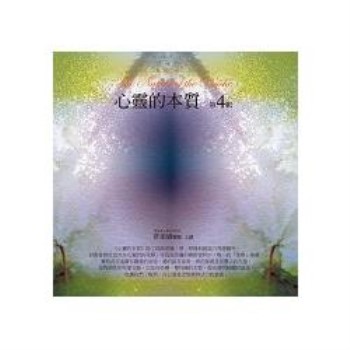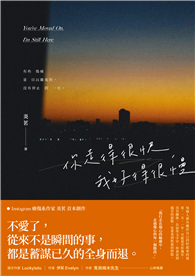This unique title, The Diwans of Abid ibn al-Abras, of Asad, and Amir ibn at-Tufail, of Amir ibn Sasaah consists of two collections of poetry, belonging to the poets al-Abras and at-Tufail, which were discovered by the British Museum in Beirut in 1907. The collections were completely new at the time, although certain poems in each Diwan had been found in other collections. Included for each poet is an introduction (with biographies) and the translations of their respective Diwans. In addition, there is an Arabic portion of the text, containing the original Diwans, Indexes, and Supplemental poetry attributed to the authors but not found in the Diwans. This work will be of interest to scholars of Arabic literature, poetry, and ancient Arabic texts. ABID IBN AL-ABRAS was a pre-Islamic Arabic poet, known for his association with the Mu'allaqat, or "The Hanging Poems." This was a collection of seven works of renowned poetry, compiled by the scholar Hammad Ar-Rawiya. While al-Abras is included in the group of seven great poets only some of the time, he is recognized as a contemporary of Imru' al-Qais (who lived during the 6th century), considered the greatest of all the poets in the Mu'allaqat. The quality of his work was recognized by celebrated Persian scholar Ibn Qutaybah, who named him among the "Seven" in the 9th Century, after it had been discovered that early versions of the Mu'allaqat had been misrepresented, and two of the seven poems were sometimes replaced with others. AMIR IBN AT-TUFAIL was an Arabic nobleman, scholar, and poet who became a companion of the Prophet Muhammad and was converted to Islam after hearing his testimony. He was considered a great scholar and intellect, and his poetry is well-loved for its beauty. He traveled with Muhammad until his death, preaching and practicing Islam.
| FindBook |
|
有 1 項符合
Al-abras的圖書 |
 |
$ 1264 | The Diwans of Abid Ibn Al-Abras, of Asad, and Amir Ibn At-Tufail, of Amir Ibn Sasaah: Edited for the First Time, from the Manuscript in the British Mu
作者:Al-abras 出版社:Cosimo Classics 出版日期:2011-05-01 語言:英文 規格:平裝 / 350頁 / 22.9 x 15.2 x 1.8 cm / 普通級  看圖書介紹 看圖書介紹
|
|
|
圖書介紹 - 資料來源:博客來 評分:
圖書名稱:The Diwans of Abid Ibn Al-Abras, of Asad, and Amir Ibn At-Tufail, of Amir Ibn Sasaah: Edited for the First Time, from the Manuscript in the British Mu
|











